Theology’s Identity in an Age of Global Crisis: An Interview with Carl Raschke
Carl Raschke discusses how critical theory might inform theology in an age of neoliberalism, political upheaval, nationalism, and the precariat class.

Carl Raschke discusses how critical theory might inform theology in an age of neoliberalism, political upheaval, nationalism, and the precariat class.

By reading the book of Jonah along with Jack Halberstam’s Queer Art of Failure this piece asks what questions a political theology written from the side and through the affects of failures might pose and face.
Do unto those downstream as you would have those upstream do unto you. —Wendell Berry The World and the Earth On a July evening, I sat in a hotel outside the Damascus Gate of Jerusalem’s Old City. Mahmoud Abu Eid, a Palestinian Muslim and family friend, told his story to a group of American […]
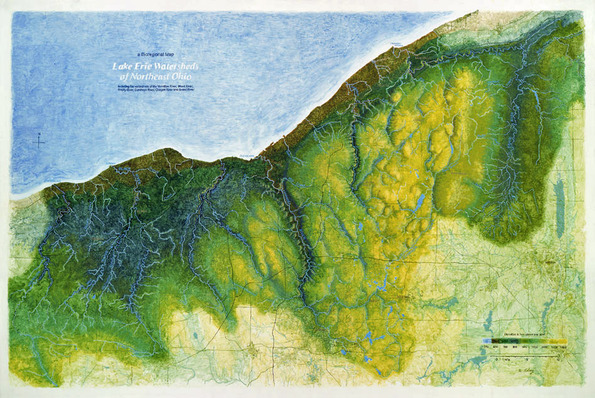
Helmut Gollwitzer’s engagement with Marxist criticism of religion stimulated his thinking as he worked through how theology and its gospel proclamation should relate to philosophy, science, and politics in a manner that remains relevant in the contemporary North American context.
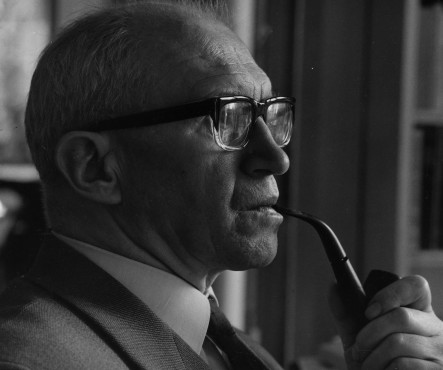
[Editor’s note: the following is a guest post written by Scott Schomburg, who is an M.Div ’13 candidate at Duke Divinity School, with research interests in political theology and contemporary humanitarianism. A previous version of this was posted here] A new generation of humanitarians is coming-of-age in North America, turned toward an image of Africa in […]
This essay analyzes several examples of Christian political theology in order to show how their strength, humility, memory, and solidarity are contingent on prayer.
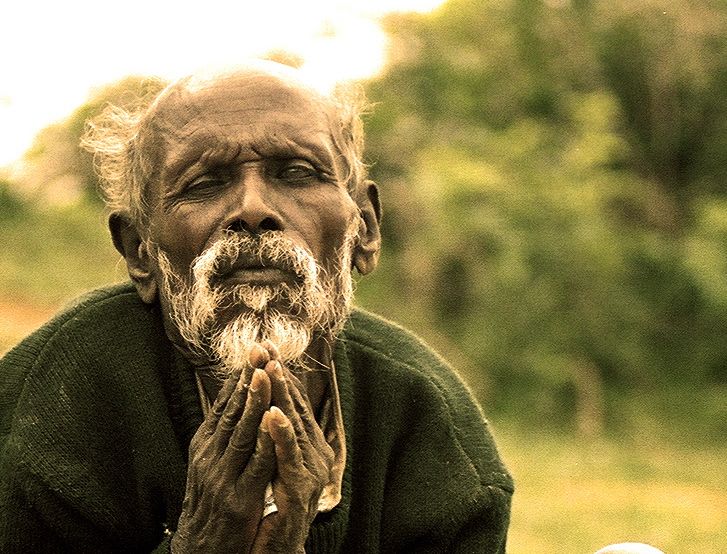
A review of A World for All? Global Civil Society in Political Theory and Trinitarian Theology, edited by William F. Storrar, Peter J. Casarella, and Paul Louis Metzger.
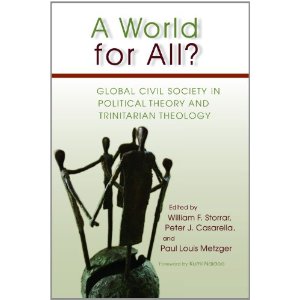
In this two-part interview, J. Kameron Carter discusses his current work regarding political theology and the construction of the modern racialized world; speaks about the Obama presidency, the shooting of Trayvon Martin, and the recent Occupy Movement; and reflects on the task of theological education in the wake of modernity.
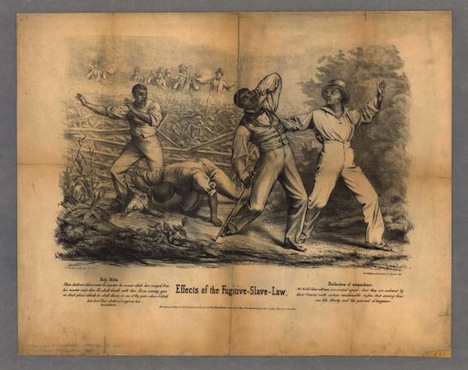
In Part I of this two-part interview, J. Kameron Carter discusses his current work regarding political theology and the construction of the modern racialized world.
